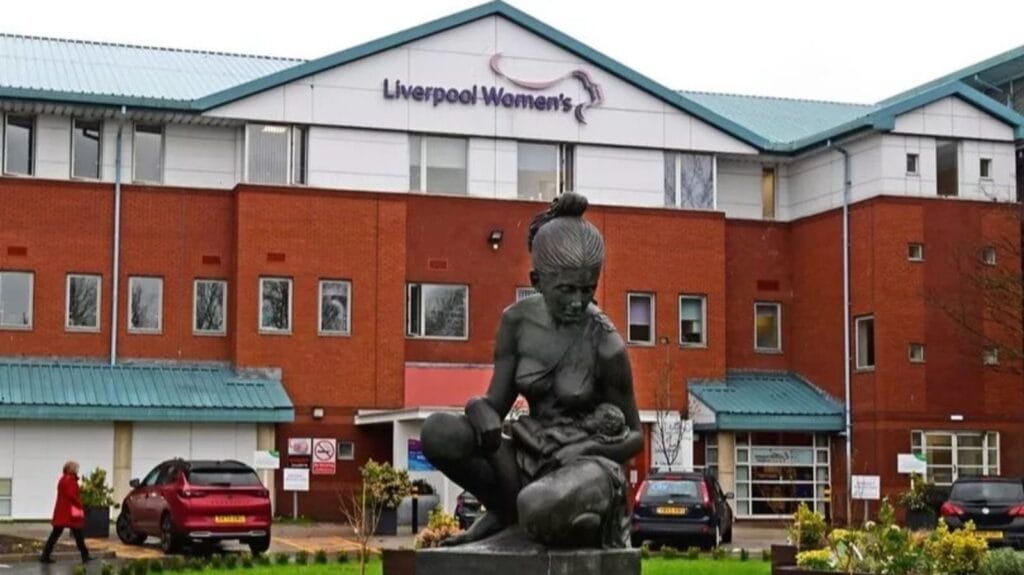Death Linked to Cultural Bias at Liverpool Women’s Hospital
Death Linked to Cultural Bias at Liverpool Women’s Hospital
An investigation has revealed that cultural biases and stereotypes played a significant role in delaying essential care for a pregnant Black woman, ultimately resulting in her tragic death. The 31-year-old woman of Black African descent was admitted to Liverpool Women’s Hospital on March 13, 2023, after being transported by the North West Ambulance Service. Suffering from intense pain, she was initially taken to the gynecology ward. However, it wasn’t until the following day, during an ultrasound scan, that it was discovered her baby had already passed away, and her condition was rapidly deteriorating.
As her condition worsened, she was transferred to the Royal Liverpool Hospital
where she succumbed to acute intestinal ischemia, a condition characterized by restricted blood flow to the bowel, exacerbated by thrombophilia and pregnancy-related complications. While the coroner attributed her death to natural causes, an investigation by the Maternity and Newborn Safety Investigations (MSNI) uncovered alarming disparities in her care.
The MSNI report highlighted how unconscious cultural biases among healthcare providers led to delays in diagnosing her condition and responding to her deteriorating health. Staff discussions revealed a systemic issue where ethnicity and health disparities influenced the quality of care provided to the patient.
The investigation identified missed opportunities for timely intervention and escalation of concerns, particularly in cases where there was suspicion of bowel obstruction. Despite indications of the need for further diagnostic tests such as X-rays, CT scans, and MRI scans, these measures were not pursued promptly due to the patient’s reported reluctance, attributed to the severity of her pain.
Furthermore, the report noted the impact of external factors such as a junior doctors’ strike and understaffing
which further exacerbated the delays in providing adequate care. The hospital’s response to the report acknowledged the presence of cultural biases and stereotypes within the healthcare system, which sometimes went unchallenged and were normalized within the Trust.
In light of this tragic incident, it is evident that systemic changes are needed to address cultural biases and stereotypes in healthcare delivery. Increased awareness, education, and accountability are essential in ensuring equitable and timely care for all patients, regardless of their ethnicity or background.
In a conclusive investigation report dated December of the previous year, a recurring pattern emerged across various incidents concerning the management of patient deterioration, as well as incidents reflecting elements of inequality.
Subsequently, the hospital has implemented a targeted anti-racism strategy and an accompanying implementation plan, alongside a novel program designed for the management of deteriorating patients.




You must be logged in to post a comment.